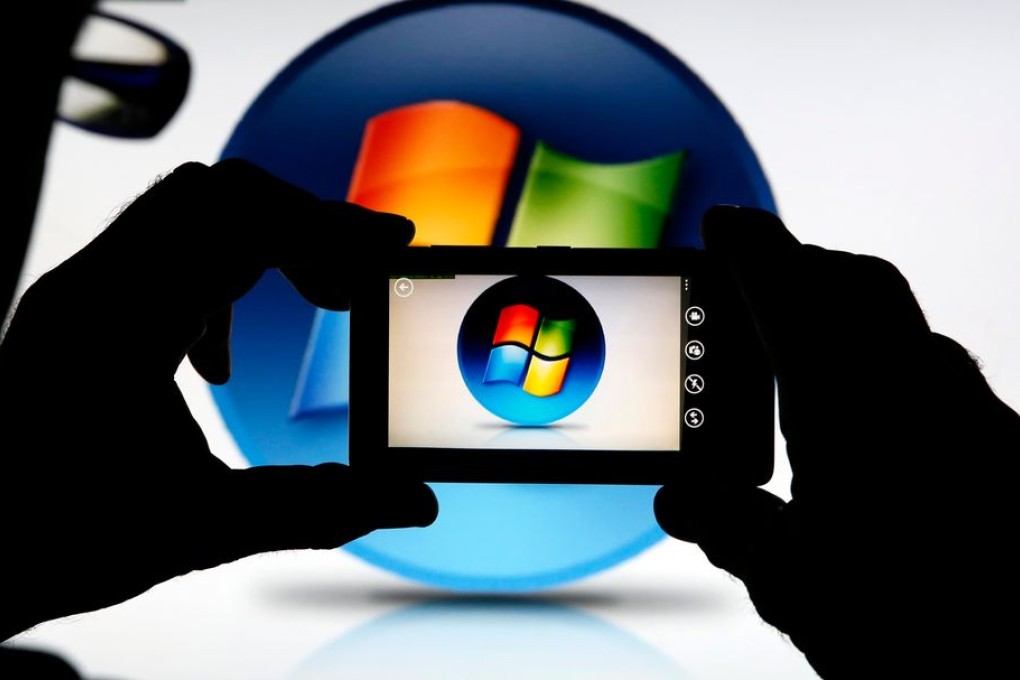Tech-savvy nation packs a big punch
Nordic country's electronics sector is developing strong links with China. Reports by Ed Peters

At just short of 5.5 million, Finland's population is even smaller than Hong Kong's - yet the northern European country has garnered a name for itself in the world of electronics that far outstrips its size.
As a single example, just about everyone has heard of Angry Birds, the video game that is as entertaining as it is addictive. It was developed by Finland's Rovio Entertainment and took the gaming world by storm following its release in 2009.
But Finland's association with electronics stretches back more than 100 years. Electrical engineering started in the late 19th century, when Gottfried Strömberg started building generators and electric motors, a business that has since become part of global giant ABB Group. Other Finnish companies have forged ahead in areas such as industrial automation, medical and meteorological technology, while Nokia - now linked with Microsoft - has become a byword for Finnish innovation in the field of electronics time and again.
The Finnish electronics industry has always invested substantially in research and development, and it got a boost from the liberalisation of global markets.
However, until the middle of the 20th century, Finland was a largely agrarian society. After the war, it transformed itself into a post-industrial society, focusing strongly on education and research. Industrialisation got started late, but the journey from primary production to labour and capital-intensive manufacturing and from there to a knowledge-based economy was rapid.
Nowadays, Finland ranks among the most competitive economies in the world. It maintains a strong global presence, and foreign trade is an integral part of the business culture.
A recent deal highlights Finland's electronic success. Late last year, Nokia Networks and China Mobile teamed up with a framework agreement for mobile communication equipment and services valued at US$970 million.
Nokia Networks is providing its 4G technology - including GSM wireless networking equipment, core application platforms, software and services - to support China Mobile's 4G wireless broadband network rollout.
"This contract marked another milestone in the strategic partnership between China Mobile and Nokia Networks," says Markus Borchert, Nokia's president for Greater China.
"We have been a key global driver over the past 16 years in making these technologies, and this agreement will further accelerate 4G development in China and worldwide."
Smaller than Nokia but punching well above its weight, Salcorp - with regional offices in both Hong Kong and Shenzhen - develops and manufactures power supplies for mobile phones and other electronic devices. The company is playing an increasingly important role in the region, especially in China.
"It has been eye-opening to witness Chinese handset OEMs [original equipment manufacturers] that experience by far the fastest growth rates in the smartphone and tablet industry today," says Salcorp president Markku Hangasjärvi.
"In recent months, discussions that we have initiated in the region have led to active business development efforts, mainly for our Shenzhen factory.
"In addition to growing in the core CMT charger business, we have successfully increased deliveries of notebook and display adapters. Salcorp is engaged in a business and development dialogue with all the major notebook and display manufacturers. Other examples of new growth areas are our data link cables and battery packs for current core customers as LED drivers for the lighting industry."
The demand for hi-tech medical equipment in China has also been a boon to Finnish electronics companies.
Mega Electronics, a health technology company from Kuopio, has teamed up with two Chinese medical device companies, Mercer Medical and Huafu Medical, which are distributing Mega's remote-readable electrocardiograph monitoring devices. The immediate aim is to build a comprehensive distribution network for the device among China's major hospitals. The venture's first phase is worth an estimated HK$9 million.
"The opening up of a distribution channel in China creates an entirely new business landscape for us," says Mega chief executive Arto Remes. "Thanks to the agreement, we can focus even more of our efforts on research and development, where we require more experts."
It is estimated that about 260 million people are suffering from diagnosed heart problems in China, according to Mercer Medical director Richard Lui, who says the Faros devices are an important investment as no other device on the Chinese market produces real data.
"Demand in China is so massive that it draws in local production," Remes says. "This leads to cost-effective operations, enabling us to reduce the unit price of our products also in Western markets. Manufacture of the product in China is a key condition for our partners. It allows us to increase volumes in Western markets, grow our company and create employment at home."